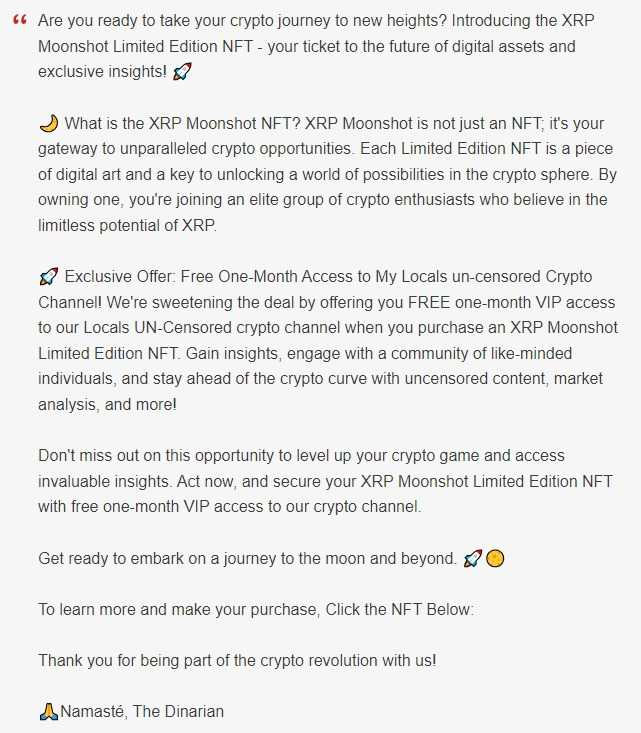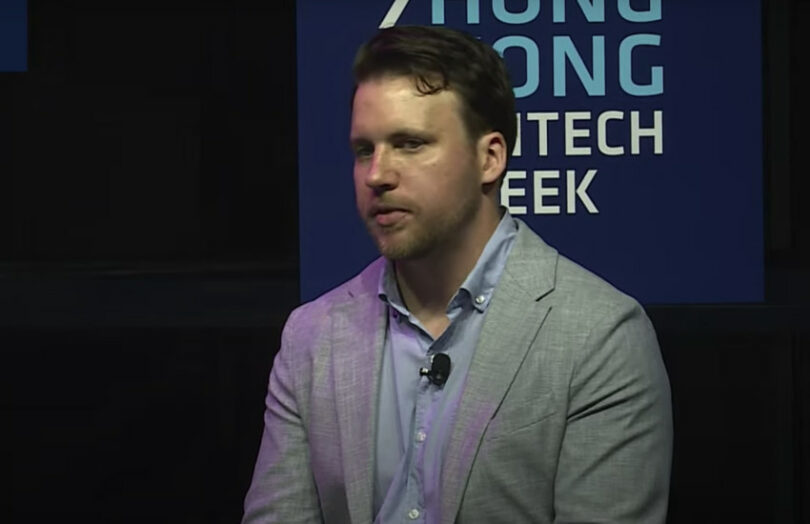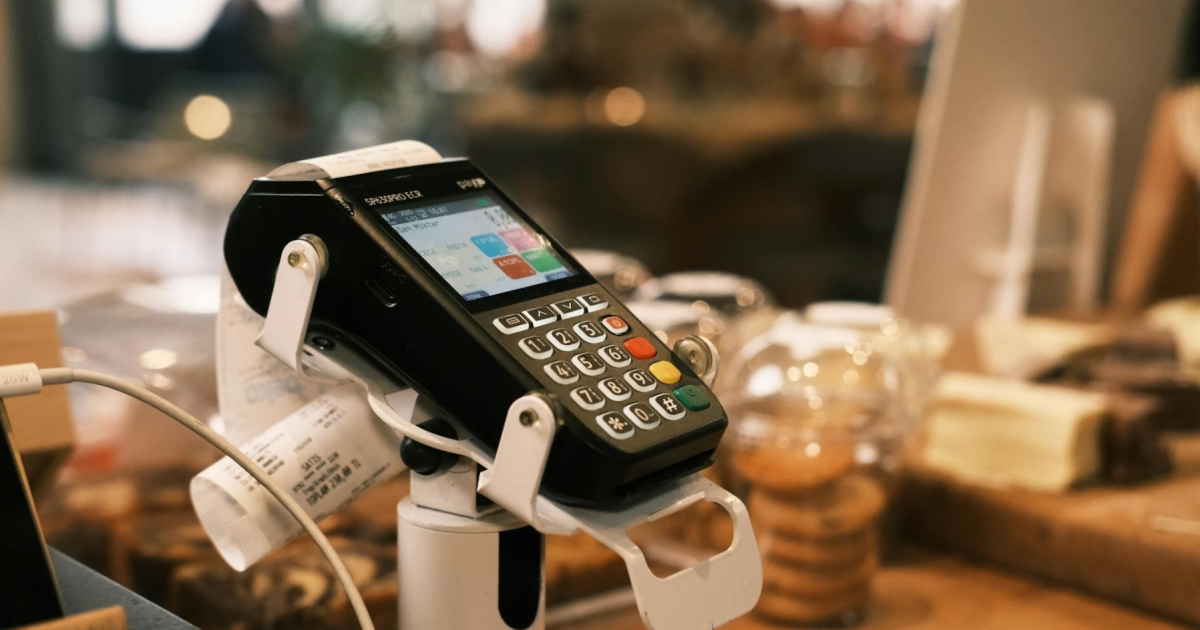As part of Hong Kong’s central bank digital currency (CBDC) trials, Visa worked with HSBC and HSBC-owned Hang Seng bank on tokenized deposit trials. While B2B payments used tokenized commercial bank money, the hypothetical eHKD CBDC was used for the interbank settlement of the deposit tokens.
The two use cases in the experiment were for high value property payments and for the settlement of credit card transactions between the acquiring bank and the merchant.
Particularly in the real estate example, blockchain enables atomic settlement where the payment and the asset both happen simultaneously. This reduces settlement risk. Otherwise, someone can pay for the real estate, but the transfer of the property title might not occur simultaneously. Additionally, in Hong Kong there are transaction limits for using the faster payment system (FPS). The typical consumer limit is around HK$10,000 but regular business users can get far higher limits of HK$1 million to HK$1.5 million.
How tokenized deposits work
With stablecoins, the tokens are typically minted and then used in numerous transactions. Eventually they might be burned and converted back to conventional money. In contrast, with interbank tokenized deposit payments, theoretically, every transaction involves two parts – the minting and burning of tokens plus the interbank settlement. That interbank settlement can happen once a day, which creates some risk if a bank is not so stable. Or it’s possible to do the interbank leg in real time.
The real time aspect is what the eHKD trial tested. It involved burning tokenized deposits on the sending bank’s blockchain and minting the money on the recipient bank’s ledger. At the same time, the interbank amount is settled by a real time CBDC transfer.
What makes a good digital currency?
Meanwhile, Visa’s Stuart Smith, who heads product development for tokenized deposits and CBDC, outlined what makes a good digital currency. Talking during today’s Hong Kong Fintech Week, he said the two stand-out use cases for digital currencies are cross border payments and delivery versus payment (DvP). With DvP, financial transactions are settled by exchanging the asset and the money simultaneously. This avoids any settlement risk where one transaction party could end up out of pocket.
“For digital assets to achieve adoption, there are a few things they need. This could be CBDC or a tokenized deposit,”
“The first is you need trust from the user that the technology is secure. The second is that the digital currency needs to be interoperable. It needs to be extensible beyond just the one ledger. And then third, there has to be a very clear user value proposition. Why would a user actually adopt this versus their traditional means of payment? ~said Smith.
This latter point is sometimes lost. Most domestic faster payment systems support fast and efficient transactions. The two stand out benefits of using digital currency are programmability and DvP or atomic settlement. Sometimes another benefit is 24/7 payments, but faster payment systems often provide that as well.
Meanwhile, HSBC was involved in another tokenized deposit trial with Ant Group.












 All while Pfizer—a company with a $2.3 billion criminal fine for fraudulent marketing, bribery, and kickbacks—was given blanket immunity from liability and billions in taxpayer dollars to produce a vaccine in record time with no long-term safety data.
All while Pfizer—a company with a $2.3 billion criminal fine for fraudulent marketing, bribery, and kickbacks—was given blanket immunity from liability and billions in taxpayer dollars to produce a vaccine in record time with no long-term safety data.
























